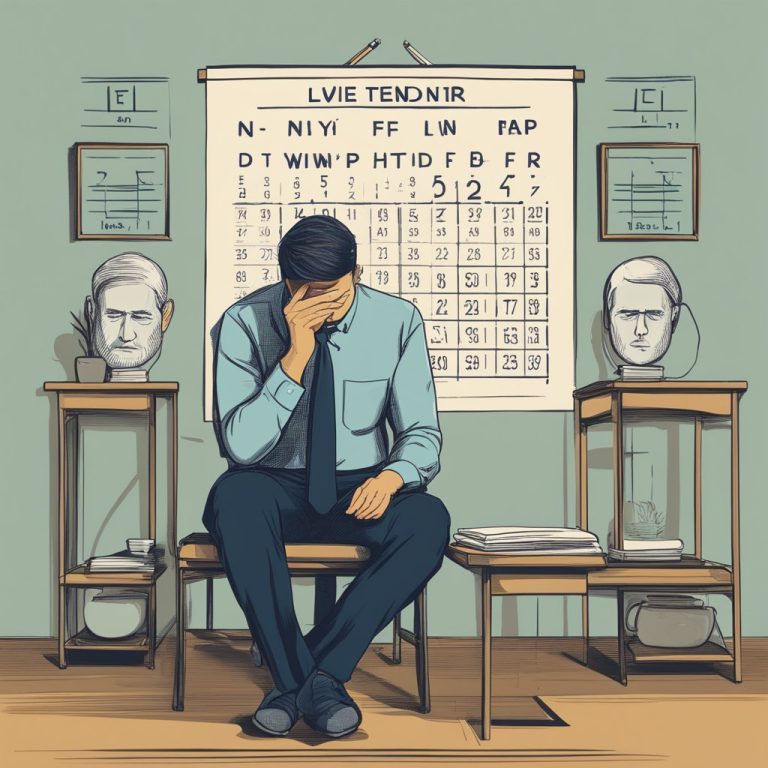Why Do People Die with Their Eyes Open
Why Do People Die with Their Eyes Open?
Why Do People Die with Their Eyes Open: Explained
If you’ve ever seen a dead person, you might have noticed that their eyes are often open. This can be a bit unsettling, especially if you’re not used to it.
But have you ever wondered why this happens? There are a few different factors that can contribute to why people die with their eyes open.
One reason is simply physiological. When you die, your muscles relax, including the ones that control your eyelids. This can cause your eyes to remain open, even if you were sleeping or had closed them before you passed away.
Additionally, the eyes themselves can become dry and dehydrated after death, which can cause them to stay open as well.
Key Takeaways
- The reason people die with their eyes open is often due to physiological factors such as muscle relaxation and dehydration.
- Cultural and emotional factors can also play a role in whether someone’s eyes remain open or closed after death.
- It’s normal for people to die with their eyes open, and it’s not necessarily an indication of anything unusual or problematic.
Physiological Reasons for Eyes Remaining Open
When someone dies, their body goes through a series of changes, including the cessation of brain activity, heart stops beating, and respiration. As a result, the muscles in the body begin to relax, including the muscles that control the eyelids. This muscle relaxation at death is one of the main reasons why people die with their eyes open.
Muscle Relaxation at Death
The muscles responsible for closing the eyelids are called the orbicularis oculi muscles. These muscles are controlled by the facial nerve, which is connected to the brain.
When the brain stops functioning, the facial nerve also stops working, causing the orbicularis oculi muscles to relax. This relaxation leads to the eyes remaining open even after death.
Absence of Reflex to Close Eyelids
Another reason why people die with their eyes open is the absence of a reflex to close the eyelids.
Normally, when an object comes close to the eye, the eyelids reflexively close to protect the eye. However, when the brain stops functioning, this reflex also stops working. As a result, the eyes remain open even when there is no external stimulus.
Brain Activity Cessation
The cessation of brain activity is one of the most significant changes that occur during the dying process. When the brain stops functioning, it no longer sends signals to the muscles in the body, including the muscles that control the eyelids.
As a result, the eyes remain open even after death. Additionally, as the brain activity ceases, the pupils dilate, which can make the eyes appear even more open.
Cultural and Emotional Factors
When it comes to the question of why people die with their eyes open, cultural and emotional factors can play a significant role.
Family and Caregiver Observations
Family members and caregivers who are present during a loved one’s final moments may notice that their eyes remain open after death. This can be a distressing experience for those who are present, as it can be difficult to reconcile the physical appearance of the deceased with their memories of the person in life.
Perceptions of Death and the Dying Process
Cultural beliefs and perceptions of death can also influence whether someone dies with their eyes open or closed.
In some cultures, it is believed that the eyes must remain open to allow the soul to leave the body. In others, closed eyes are seen as a sign of peace and acceptance.
The emotions experienced by the dying person can also play a role in whether their eyes remain open or closed.
Those who die suddenly or violently may be more likely to die with their eyes open, while those who pass away peacefully may have their eyes closed.
Frequently Asked Questions
What is the significance of dying with eyes open in different religions?
In some cultures, it is believed that dying with your eyes open means that the person is not at peace and has unfinished business.
For example, in the Jewish tradition, it is believed that the soul leaves the body through the eyes, so the eyes are kept closed after death to prevent the soul from becoming lost or confused. In contrast, in some Native American cultures, it is believed that dying with your eyes open means that the person is at peace and has completed their journey.
What can be inferred about a person’s death if they have their mouth open?
If a person dies with their mouth open, it does not necessarily indicate anything significant about their death. However, it is common for the mouth to fall open after death due to the relaxation of the muscles.
How do medical professionals assess death through the eyes?
Medical professionals may use the “pupil reflex test” to assess brain function and determine if a person is dead.
This test involves shining a light into the eyes and observing the response of the pupils. If the pupils do not respond to the light, it may indicate that the brain is no longer functioning.
Can the presence of tears indicate anything about the dying process?
The presence of tears does not necessarily indicate anything significant about the dying process.
Tears can be produced after death due to the relaxation of the muscles, and they can also be produced due to physical or emotional stress during the dying process.
Is there awareness in the moments leading up to death?
It is not fully understood what a dying person experiences in the moments leading up to death.
Some people report feeling a sense of peace or seeing loved ones who have already passed away. Others may experience fear or anxiety. It is believed that the dying person’s brain may release endorphins, which can produce feelings of euphoria.
What physiological changes occur in the eyes post-mortem?
After death, the eyes may become cloudy or hazy due to the loss of blood circulation. The pupils may also become fixed and dilated. The eyelids may remain partially open due to muscle relaxation. These changes are a normal part of the post-mortem process.

